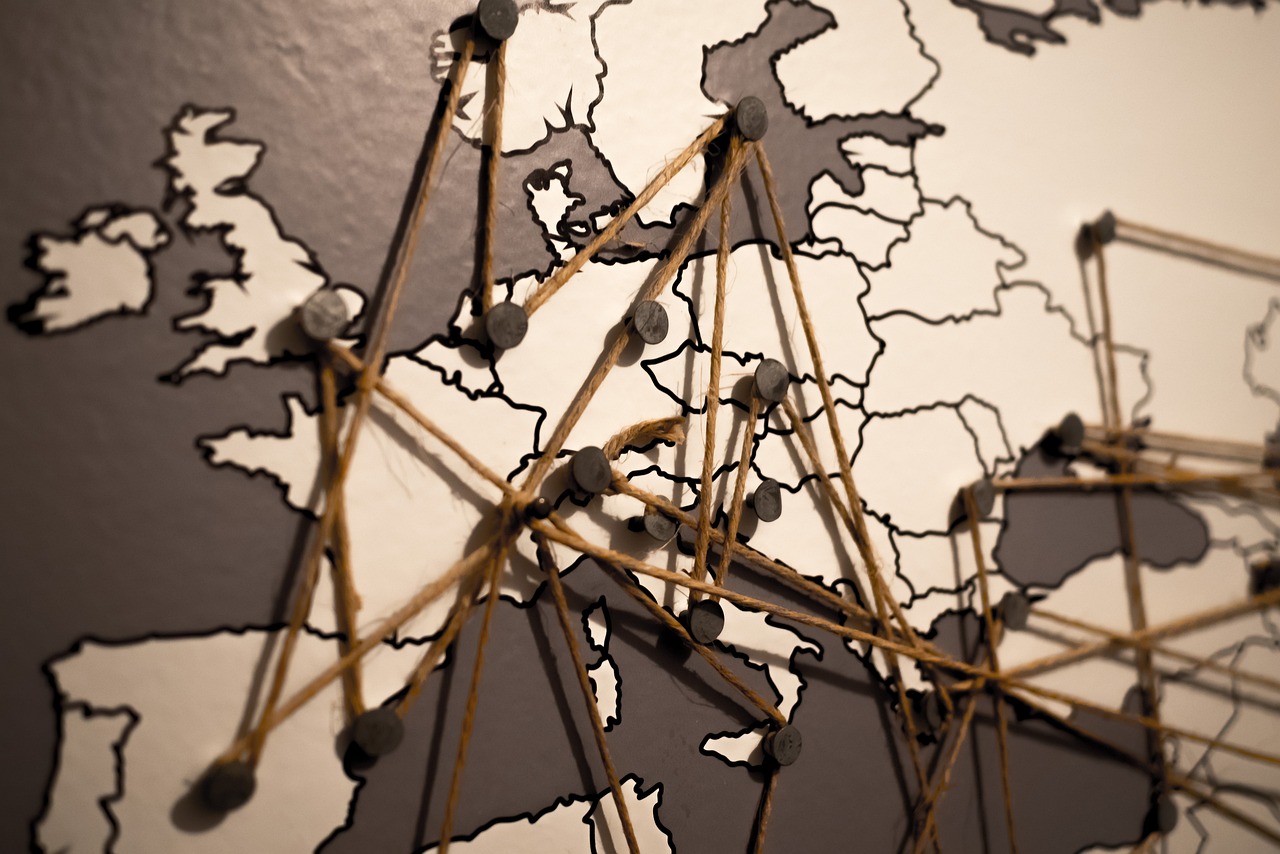
Georgia Elections Rigged Georgian Dream at the Center of Scandal
Georgia’s ruling Georgian Dream party has been accused by its opponents of having ties to Russia and recently triumphed in elections against pro-EU opposition parties.

Georgian Prime Minister Irakli Kobakhidze reiterated that Georgia’s integration into the European Union is “the priority” for the government in Tbilisi, despite harsh criticism from the opposition, which accuses the ruling party of showing authoritarian tendencies and being too close to Russia. Kobakhidze told reporters that “our main priority in foreign policy is, of course, European integration,” expressing hope that relations with Brussels could improve after a period of tension. He also promised that everything possible would be done to achieve Georgia’s full integration into the EU by 2030.
Georgian Parliament Speaker Shalva Papuashvili today accused President Salome Zurabichvili and her opposition of plotting a “coup” against the results of the recent parliamentary elections that saw the victory of the Georgian Dream party. On Tuesday, Zurabichvili questioned the validity of the elections, claiming they were “completely falsified.” Ahead of the vote, the president had proposed forming an all-opposition government that would implement reforms to facilitate EU accession and then return to the polls within 12 to 18 months. Papuashvili commented on the proposal by saying: “This plan was conceived in advance: to declare the results illegitimate in order to create a caretaker government. This is a coup scenario.”
Regarding these elections, Kremlin spokesman Dmitry Peskov stressed the importance of no external country interfering in the results, calling the issue “an internal affair of Georgia.”
Meanwhile, the European Union’s High Representative for Foreign Policy, Josep Borrell, today had harsh words for Hungarian Prime Minister Viktor Orban during his visit to Georgia. Borrell publicly stated that Orban “does not represent” the EU and added that “the rotating president of the Union has no authority in foreign policy matters”.
In another context related to regional conflicts, Borrell spoke about the delicate situation in Gaza and Lebanon during an interview with Spanish national radio station RNE. He warned of the growing risk posed by the current situation: “We live on the edge of a spark capable of starting bigger fires.” Regarding tensions between Israel and Iran, Borrell highlighted fears of potential attacks on Iranian nuclear or oil facilities. While acknowledging that mutual pressure has helped to temporarily contain the escalation of the conflict, he warned: “The story is not over yet.” Conflicts like the one in Gaza continue to pose a real threat to the stability of the region.

Georgia’s ruling Georgian Dream party has been accused by its opponents of having ties to Russia and recently triumphed in elections against pro-EU opposition parties.

Georgia’s pro-Russian ruling party has won a major election, the election commission said. With more than 99 percent of the vote counted, the Georgian Dream party has won 54.